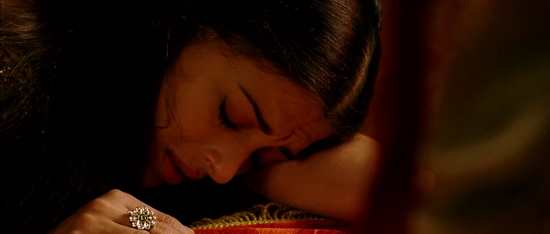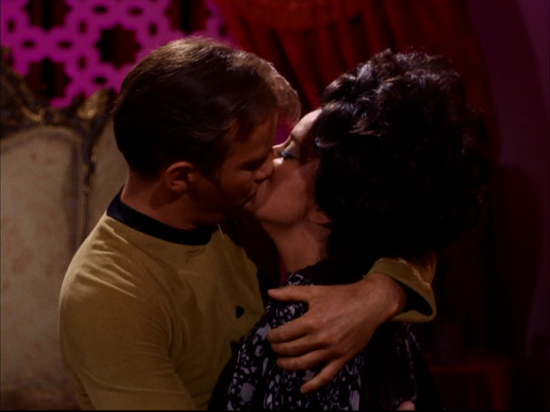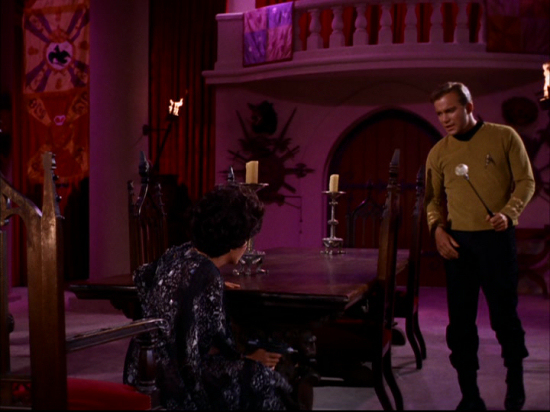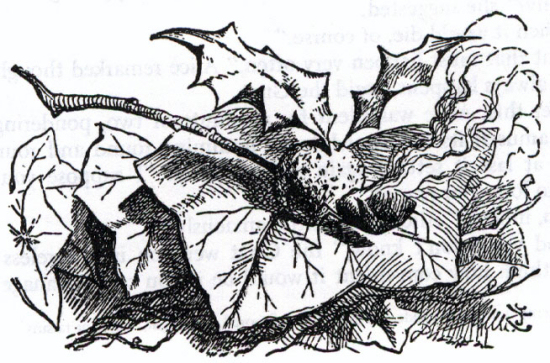
A breathtaking, absolutely stunning three and a half hours of visual beauty. That's 2008's Jodhaa Akbar. It's simplistic and sometimes unintentionally disturbing story takes a backseat to the unbelievable visual splendour. I'm so glad I watched this movie in Blu-Ray because the beauty goes from massive wide shots of crowds in palaces to endless waves of intricate jewellery, much of it apparently genuine. According to Wikipedia, 2 kg of gold was used for a sword case. One might call Jodhaa Akbar an Indian Titanic in that its visual detail as a virtue surpasses its weak characterisations, but actually the visual detail and beauty far surpasses Titanic and the actors, particularly Aishwarya Rai, make the characters far more palatable. Jodhaa Akbar is sort of overwhelming and oddly relaxing.


The second picture is cropped, unresized. Your eyes are constantly compelled to take in tiny details. It illuminates the virtue of jewellery--the human body, as with all natural things, is comprised not only of large shapes like eyes, mouth, and hair, but tiny ones like pores and eyelashes. Good jewellery compliments both forms and becomes both an augmentation and a compliment to the body.

Jodhaa Akbar is also a delight to haters of cgi like me. It's with no small amount of pleasure I see that a movie made within the past decade featured over eighty costumed elephants in a battle sequence.

Though the battle sequences aren't particularly well shot, featuring a lot of the token choreography familiar to big battle sequences from Lord of the Rings or Braveheart. The movie's a little better at one on one fight choreography, and the duel between Akbar and his wife Jodhaa (Rai) is improbable but sexy, particularly when her hair comes out of her hat.

The movie's much more effective when it's scenes of people meeting, or conducting ceremonies, or especially scenes of Akbar watching Jodhaa or Jodhaa watching Akbar.
The story has the simplicity of parables, telling a story of Akbar, the Muslim emperor, and his conquering of Hindustan consisting of smaller stories stitched into a longer whole. Akbar embarks on what is at first a political marriage to Jodhaa, who only agrees to marriage on the condition that she be allowed to maintain her Hindu beliefs and practices. This eventually becomes a touchstone in the emperor's policy of religious freedom for his territories, which is encouraging. The perhaps unintentionally disturbing quality I mentioned is that the two dimensional villains established for the film tend to be dispatched with vitriolic speeches. This is a typical quality in fantasy stories, but the best stories give more complexity to their villains. Like Darth Vader or Jaffar in the 1940 Thief of Bagdad, a movie I thought of during Jodhaa Akbar's brief vignette of the emperor going amongst the common people incognito and only then somehow learning of the pilgrim's tax the Hindus are forced to pay under his rule.

But the villain we spend the most time with, Akbar's nanny, who apparently had a place closer to a mother in his heart than his actual mother, is disappointingly flat, particularly considering how much of the plot hinges on her. There's something to the jealousy she feels towards Jodhaa, but her rash and cruel behaviour makes Akbar's trust in her seem foolish.
The score is strangely underwhelming most of the time, a lot of it sounding synthesised, but the songs are pretty good. This was my favourite;











































